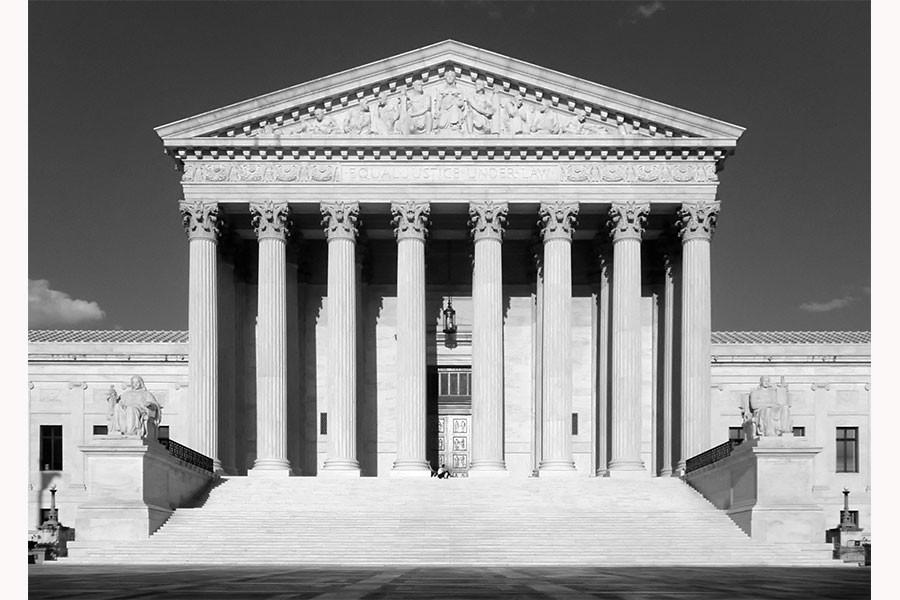Unlicensed Speech
Supreme Court decides Texas can reject a specialty license plate with the Confederate Flag
The Supreme Court decided it was Texas’s right to deny making customized license plates that included an image of the Confederate flag for the Sons of Confederate Veterans.
One of the reasons the state of Texas said they would not allow the license plate is because the flag is often viewed as a symbol of racism and hate and is offensive to those who see it as such.
“I think it represents racism and a time when blacks didn’t have rights,” junior Abreanna Harrison said. “I don’t think it should be on a license plate.”
Another argument for those who oppose the license plate is that it is as equally offensive as the swastika, a symbol used to support Hitler and the Nazi party. Abreanna says she agrees that the two are both offensive and should not be displayed.
”It’s like you’re saying, you agree with racism and believe that people should be mistreated or discriminated against because of who they are,” Abreanna said. “People were beaten and starved like they didn’t have rights. So how can you say “Oh it’s okay’?”
While some students agree that Texas should not allow customized license plates to be made with the confederate flag symbol, others believe that the flag is just a symbol of southern pride and is not offensive.
“It’s nothing about racism. The confederate flag represents history and what the south used to stand for,” sophomore Parker Poole said. “The 13 stars on the flag represent the 13 original colonies and the X stands for ‘cross us out of your union’ which just means we don’t want to be a part of the North anymore.”
The people that see the flag as just a symbol of the south view the decision to not allow these license plates as unconstitutional and in violation of the first amendment.
“It’s freedom of speech, it’s freedom of being able to do what you want,” Poole said. “You’re allowed to say what you think and everyone has the right to show what they think.”
Rider math teacher Paul Loskot says that as long as the flag is looked upon as part of our country, it represents the history of the south and not racism.
“We want to embrace all parts of history and growth of our establishment,” Loskot said. “It’s just part of our history, it’s a part of our nation’s struggle to unify itself.”
Loskot says that if a person wants to display the confederate flag, then they have every right to do so and there are multiple ways to do so without the state getting involved.
“There are people that may associate the rebel battle flag with a negativity towards the country and therefore it is offensive to some people,” Loskot said. “And that means then that the state shouldn’t sponsor it.”
Loskot believes that Texas denying the license plates is unconstitutional.
“The state needs to separate itself from the 4th amendment,” Loskot said. “That means the state really shouldn’t make any rules that govern whether one person’s rights infringe upon another.”
The Supreme Court disagreed.
In April they upheld the Texas decision to say no because “a significant portion of the public associates the Confederate flag with organizations that demean or express hatred for minorities.”
*Out of 166 students surveyed 53 percent said Texas should not be allowed to have the license plates and 47 percent said it should.

